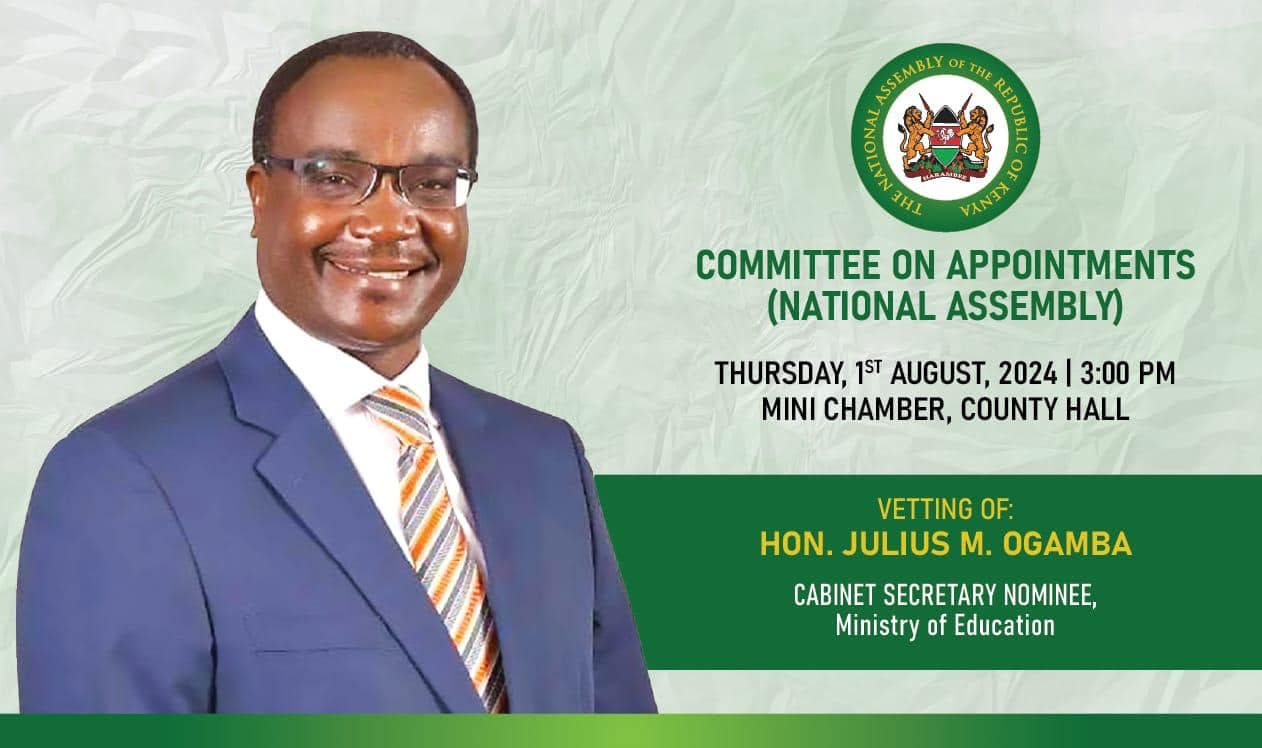The Ministry of Education (MoE) in Kenya has taken a transformative step in special needs education reform by directing all learning institutions to discontinue the use of the term “School for the Mentally Handicapped.”
Effective as of October 2025, schools are now required to use “School for Learners with Intellectual and Developmental Disabilities,” reflecting a broader commitment to dignity, respect, and the rights of persons with disabilities.
Why the Change Matters
Language shapes perception and experience. The phrase “mentally handicapped” has long been recognized as outdated, derogatory, and contrary to Kenya’s constitutional, statutory, and international obligations. By replacing it with “Intellectual and Developmental Disabilities,” the Education Ministry aims to:
- Uphold dignity and respect for all learners.
- Promote inclusivity and person-first language in education.
- Align with Article 54(1)(a) of the Constitution of Kenya and the Persons with Disabilities Act, 2025, which safeguard persons with disabilities from demeaning references.
- Comply with the United Nations Convention on the Rights of Persons with Disabilities (UNCRPD), ratified by Kenya in 2008.
Principal Secretary Amb. Prof. Julius K. Bitok emphasized, “Language shapes perception. The words we use can either uplift or demean. This change reaffirms our commitment to ensuring that learners with disabilities are treated with respect and accorded the dignity they deserve.”
Read Also: Ministry Releases 2026 Term Dates
Scope of the Reforms
The change affects all learners in special schools, including those with:
- Intellectual and Developmental Disabilities
- Hearing and Visual Impairment
- Physical Impairment
- Specific Learning Disabilities (dyslexia, dyscalculia, dysgraphia)
- Cerebral Palsy, Autism, Albinism, and Multiple Disabilities
Institutions have until June 30, 2026, to update all signage, school records, and official materials. County and sub-county education officers will monitor and ensure compliance across all regions.
Broader Context: Inclusion in Kenyan Education
Kenya’s push for inclusive education started years ago, with laws and policies safeguarding the rights of learners with disabilities.
However, real-world challenges remain, according to disability advocacy groups: inaccessible infrastructure, a shortage of specially trained teachers, and stigma still undermine meaningful inclusion.
The recent directive is part of a shift towards full integration and better communication within the education sector.
Alongside language reform, ongoing policies like the Sector Policy for Learners and Trainees with Disabilities (2018) and the Basic Education Act aim to ensure all children, regardless of ability, have equal opportunities and support in their learning environments.
What’s Next for Schools and Parents
- Schools must sensitize staff, parents, and students to person-first, respectful language.
- Authorities like the Teachers Service Commission, Kenya Institute of Curriculum Development, and Kenya National Examinations Council are tasked with harmonized implementation.
- Regular awareness sessions will reinforce the importance of dignity and inclusivity among all education stakeholders.
Conclusion
The Education Ministry’s ban on the “mentally handicapped” label marks a significant milestone in Kenya’s journey toward full inclusion and respect for learners with diverse abilities.
By championing person-first language, the government affirms that dignity, respect, and opportunity start with the words we use.
This change, while symbolic, sets the tone for broader reforms in the education sector—ensuring a future where all Kenyan children are seen, heard, and valued for who they are.
